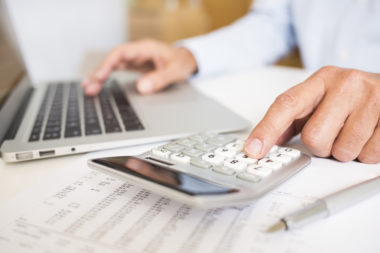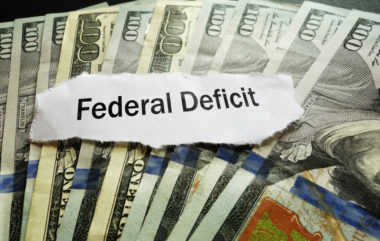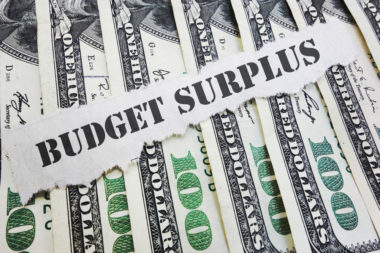When times get tough and money gets tight, having a little bit of financial flexibility can help. Credit cards provide that flexibility. With the ability to put off paying a bill until you have enough money to cover it or make a necessary purchase when short on cash, credit cards really come in handy.
However, knowing when to use a credit card is important, so as to avoid digging yourself into financial trouble. For some bills, it’s smart to utilize a credit card — for others, not so much. Generally speaking, credit cards should only be used to pay off bills as a last resort. If not used cautiously, this resource will cost you more in the long run.
Table of Contents
Benefits of Using a Credit Card
Using a credit card has two major benefits. The first benefit is that credit cards can give a person an extra chunk of time (typically a month or 30 days) to pay off an expense.
The other benefit is that many credit cards offer rewards every time you use them. While the reward for each purchase is relatively small, rewards build up with regular use. Common rewards include cash back on each purchase, points or “miles” that can be used to book airline tickets, money or points to specific stores, or discounts when purchasing gas.
Recurring Bills: Non-debt and Utilities
One potentially positive way to use your credit cards is paying off recurring bills like energy, water, internet, cell phones, and cable. By doing so, you can earn whatever rewards are associated with your card on things you were already going to pay anyhow.
It’s also nice to be able to put off paying these types of bills if you run out of money. Instead of only having a few days of flexibility to get a check to the power company, for instance, you have an extra 30 days to pay off the debt to your credit card company.
Be aware that some small companies might have additional fees if you want to pay with a credit card. In these instances, you’ll need to decide if paying an extra percentage on your bill is worth getting that payment extension.
Paying Your Rent With Credit
Similar to the above situation, using a credit card to pay your rent can give you more breathing space, but it’s a much less likely option.
Many landlords don’t accept credit card payments; usually, they only accept cash or checks. Those that do accept credit cards often charge a convenience fee — again, you will have to decide if getting that delay is worth paying extra.
Just be sure that you’ll soon have the finances available to pay for not only the convenience fee, but also next month’s rent and the interest on your credit card. This way you avoid putting yourself in a situation where you’ll have to pay off credit card debt.
Paying Off Student and/or Car Loans
Payments on existing debt are another common type of monthly bill. These include student loans, car payments, and others kinds of debt you accrue over your life.
You typically cannot pay off these bills with a credit card. Most loan providers will not allow it; instead, they require payment using a debit card or check.
Paying for Daily Necessities
If money runs short, use your credit card to take care of paying for daily necessities so you can put your current funds towards bills you generally wouldn’t pay off via a credit card. Daily necessities include groceries, gas, home maintenance, and other day-to-day costs.
Just be sure to keep track of how much money you are putting on your card, and ensure that you can pay when the bill is due. It’s easy to lose track of how much you owe on a card, and then realize you spent too much at the end of the month when it’s too late. Make a budget, stick to it, and don’t let yourself go into debt.
When Not to Use a Credit Card
Regardless of your situation, there is one instance in which you should never use a credit card. If you won’t be able to pay off your credit card bill when it comes due, don’t put a bill on the card. Charges you can’t afford are unadvisable, as credit cards tend to have high interest rates. Being unable to pay off your credit card could transform a small debt into a huge one in just a matter of months. There are other solutions to handling expenses in a time of need if you can’t put it on a credit card and pay it off on time.
Before you simply just decide to use your credit card to handle your bills, weigh all of your options. Some companies have a grace period for paying bills — while many only offer a few days, others extend a whole month before you get in trouble. It is suggested that you continue researching to find what could benefit you the most when utilizing your credit cards.
Image Source: https://depositphotos.com/





